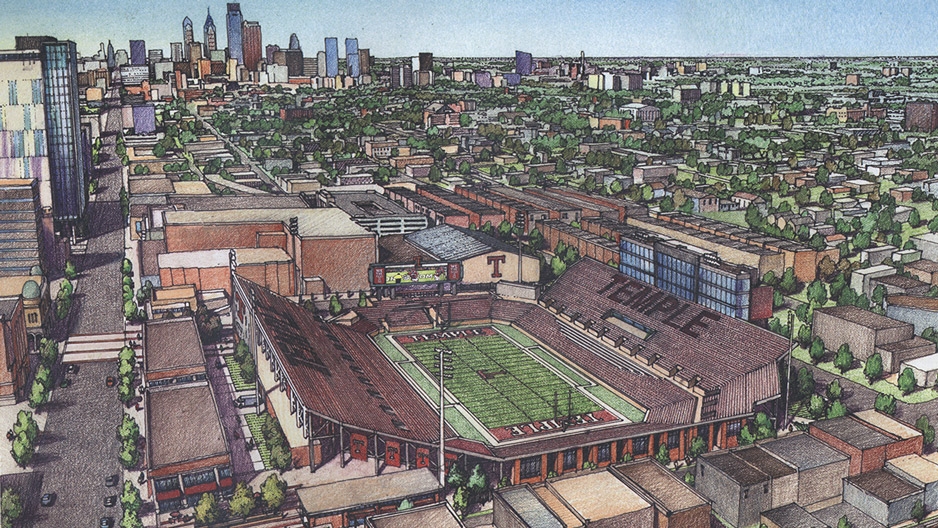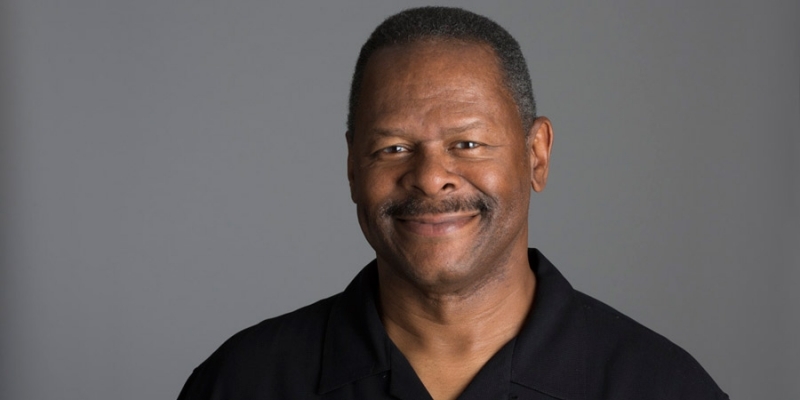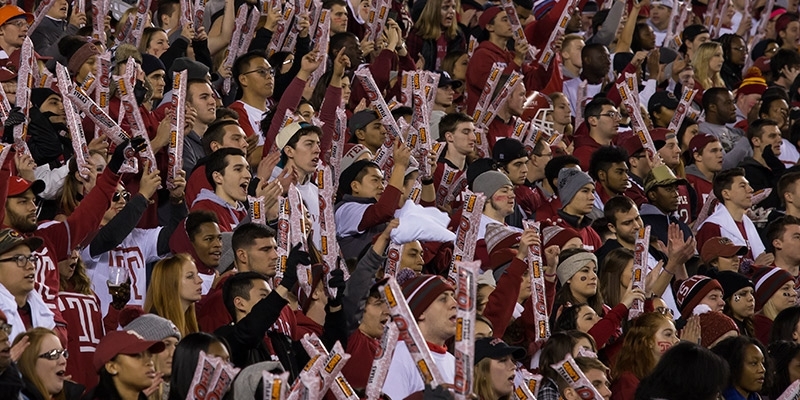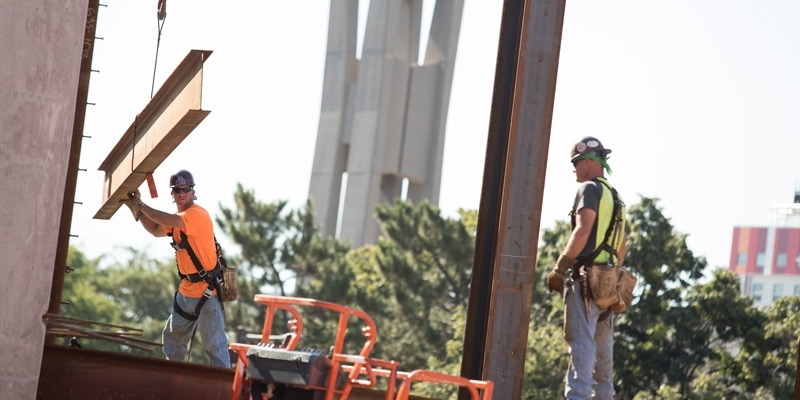Posted January 18, 2018
Temple to seek approvals for multipurpose facility
The proposed on-campus stadium project first will go before the City Planning Commission.

Temple plans to take the next step toward an on-campus multipurpose facility that will include a football stadium by filing a project submission with the Philadelphia Planning Commission.
Temple President Richard M. Englert today announced that the university is taking "the next step" with its plans for a multipurpose facility that includes a football stadium. The university will file a project submission to the City Planning Commission as it seeks approvals for the proposal.
"We have said from the start that our first priority has been to engage with our neighbors and local leaders to determine the potential for, and impact of, this facility," Englert said. "After more than two years of these discussions, and in light of the project's tremendous value for Temple and North Philadelphia, I have concluded that the time is right to take this step."
Englert emphasized that the university "will continue our conversations with neighbors to address concerns over the impact of the project."
In addition to the stadium, the site has space for prime retail locations along North Broad Street. By including a retail component, Temple intends to create a vibrant, pedestrian-focused experience that will benefit students and the community alike. Other components of the multipurpose facility will include year-round classrooms and meeting and research space.
Temple's decision is the latest development in a process that began in February 2016, when the university's Board of Trustees authorized the development of preliminary studies and designs for a multipurpose retail and stadium project on the northwest corner of Main Campus. The area is bound by Broad Street on the east; Norris Street on the north; 16th Street on the west; and Pearson-McGonigle halls and the Aramark Student Training and Recreation (STAR) Complex on the south.
The proposed site for the facility is located entirely within Temple's existing footprint and owned by the university. With the exception of the closure of 15th Street between Norris Street and Montgomery Avenue, no additional land is needed for the facility. The adjacent Amos Recreation Center, which is owned and operated by the City of Philadelphia, will remain.
Since the board's initial resolution, core elements of the research and development process have included collaborating with community members and government officials to address local residents' concerns, such as noise, parking, traffic and trash.
"These discussions have been invaluable not only in terms of the proposed facility but also in helping us understand and develop better working relationships in the community," Englert said. "It is important for us to be better neighbors, and we have taken a number of steps to address community issues as a result."
Among its initiatives, Temple is working to organize a Special Services District (SSD) around the project site that would oversee dedicated maintenance and services for the benefit of the surrounding community. The SSD would function like those in other parts of the city, particularly in South and West Philadelphia.
The university also has instructed designers to minimize the facility's impact when it comes to height, lights and noise. In fact, preliminary plans call for the north end of the stadium to be no higher than adjacent row homes on Norris Street.
The university's review process concluded that a new multipurpose facility, estimated to cost $130 million, will generate significant cost reductions and revenue enhancements as compared to Temple's continuing to play at Lincoln Financial Field.
Project funding for the proposed facility will primarily come from private donations and bonds, the latter supported by funds that would otherwise be paid to rent Lincoln Financial Field, where Temple has exercised lease-extension options for the 2018 and 2019 seasons. Leadership gifts, naming rights and other opportunities are being aggressively pursued and are expected to defray a significant portion of the facility's costs.
Another major selling point for the university is the opportunity to shift game-day festivities onto Main Campus, which has undergone a dramatic transformation in recent years, evolving into an even more vibrant college community.
Game-day traditions--including alumni tents, social activities for families, the team fly-in and more--will be hosted in campus celebration zones modeled on similar pedestrian-focused tailgates that operate successfully at other universities. The hope is to further build a spirit of pride and to give alumni another reason to see Temple's remarkable campus evolution.
"The opportunity to explore bringing the public, alumni and fans back to campus to experience Temple's continuing transformation is one we can't pass up," Englert said. "I am confident we can design and build a facility that makes sense for Temple and for the community.
"Our goal is to build a project that can be a source of pride for Temple, our neighbors and our city," he said.


